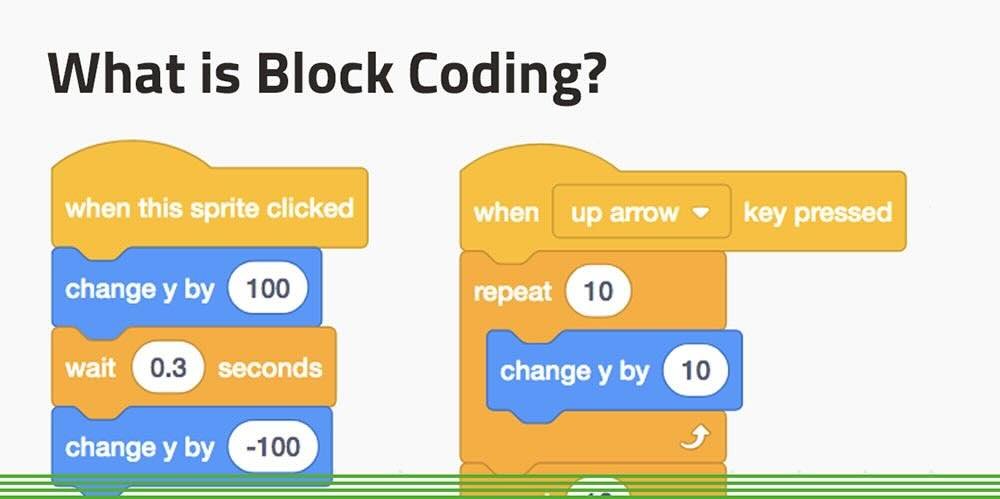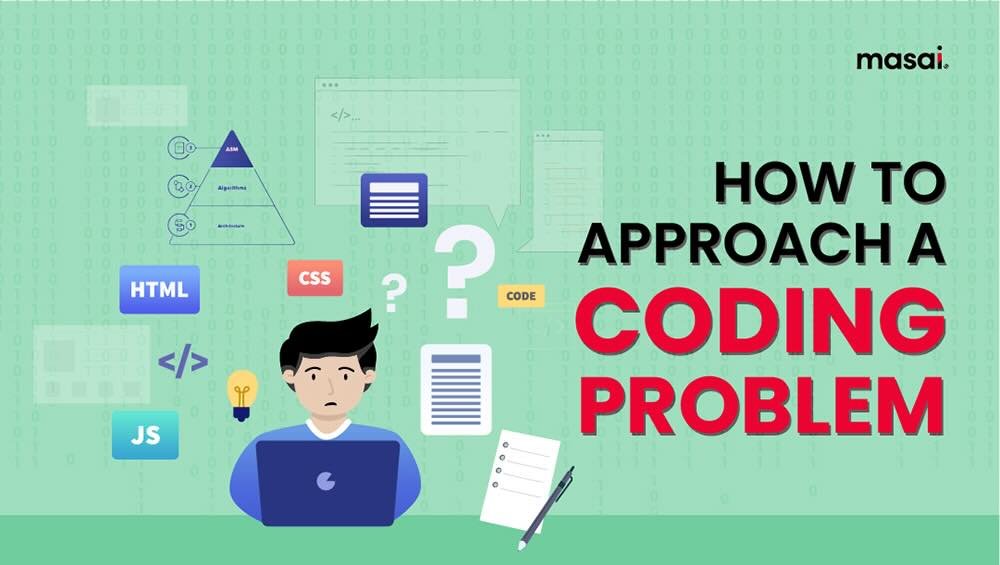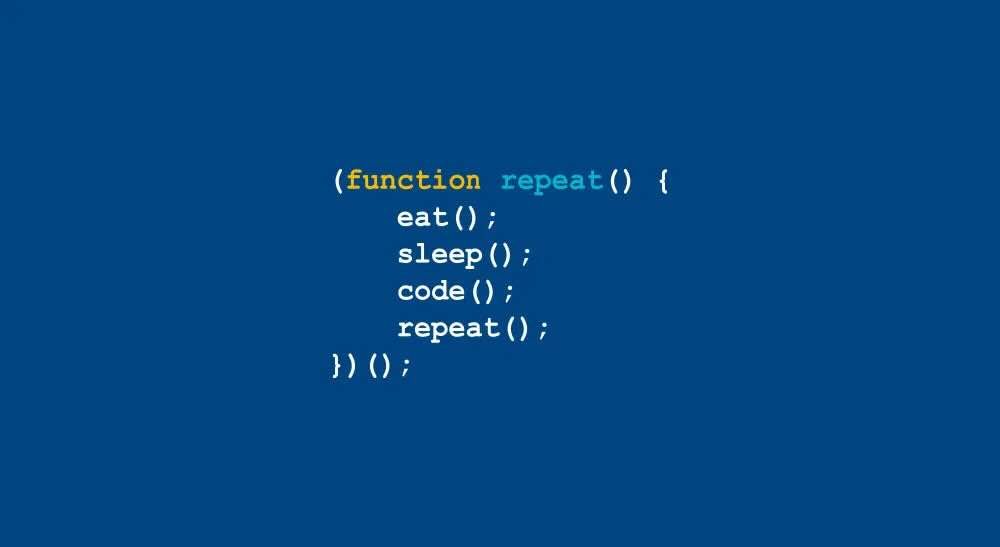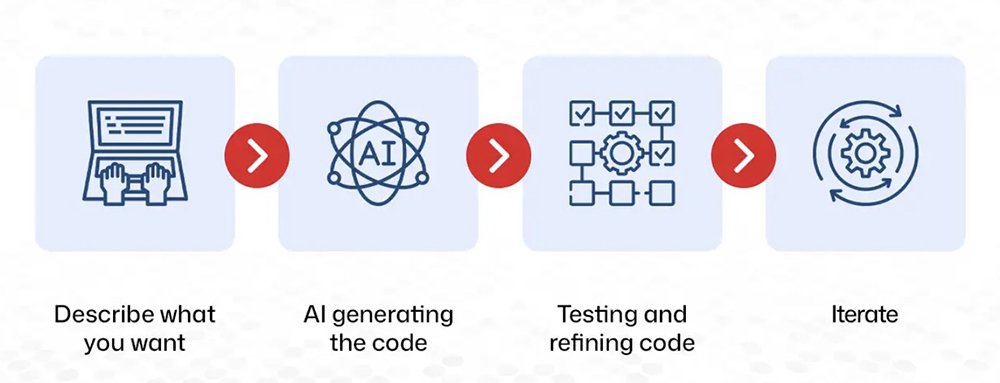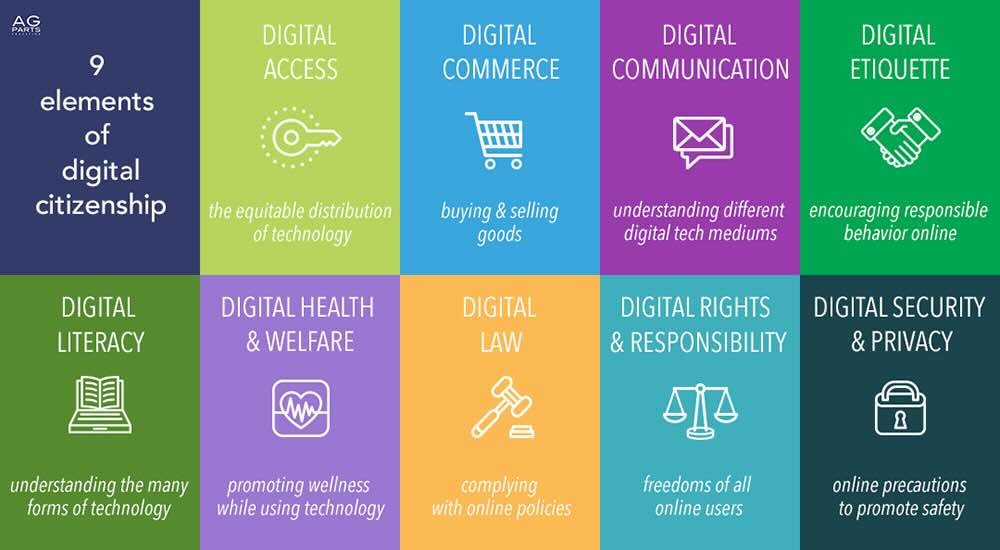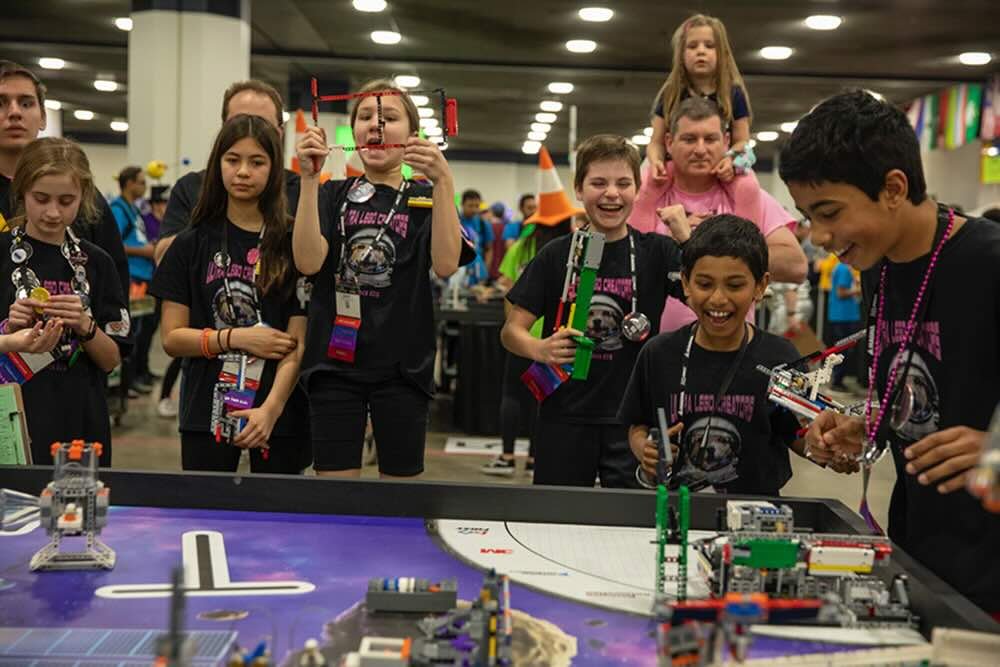CODING: AN INTRODUCTION
What is coding, according to the article?
How does the article compare coding to talking to a friend?
Name two things in our modern world that exist because of coding.
What is "block coding" compared to in the article?
What kind of skills does block coding teach you, even though it looks like playing?
What does the article call "mistakes in code"?
Why is it still beneficial to learn coding even though AI can now code?
How does learning to code help you become a "digital citizen"?
What will the class be programming with their block code?
What is one exciting thing you will see your LEGO robot do after you program it?
“I’m going on a journey?”
Hello, future innovators and problem-solvers!
Get ready to embark on an incredible journey into the world of coding, a skill that's not just for grown-ups but for curious, creative minds just like yours.
“What is coding?”
You might be wondering, "What exactly is coding?" Well, think of it like this: when you want to tell a friend something, you use words and sentences, right? You give them instructions, like "Let's play tag!" or "Can I borrow your pencil?"
Coding is the same idea, but instead of talking to a friend, you're talking to a computer! You're giving it a set of instructions, a list of steps, that it needs to follow to do something cool, like play a game, show a video, or even control a robot.
Every single app on your phone or tablet, every video game you play, every website you visit – they all exist because someone, somewhere, wrote code. It’s like the secret language that makes all our digital world come alive.
Without coding, there would be no TikTok, no Minecraft, no YouTube, no online shopping, and even no smartboards in our classrooms! It's a truly amazing and powerful tool that shapes almost everything we do in our modern world.
From the cars we ride in to the lights that turn on when we flip a switch, coding is often working behind the scenes, making things happen smoothly and efficiently.
“Is coding complicated?”
Now, you might be thinking, "Coding sounds really complicated! Do I have to learn a secret language with lots of weird symbols?" And the answer is, not at first!
That's where something called "block coding" comes in, and it's a super fun and simple way to get started.
Imagine building with LEGO bricks. You snap different-shaped bricks together to create something awesome, right? Block coding is a lot like that.
Instead of typing complicated words and symbols, you drag and drop colorful blocks, each with a specific command or instruction written on it. You then connect these blocks like puzzle pieces, stacking them up to build a sequence of instructions for the computer.
“Is block coding read coding?”
And here's the really important part: even though it looks like playing with blocks, block coding is real coding!
It teaches you the exact same logical thinking and problem-solving skills that professional coders use every single day. It's just presented in a way that's easy to understand and exciting for beginners.
You'll learn how to break down big problems into smaller, manageable steps. You'll discover how to create sequences, make decisions (like "if this happens, then do that"), and repeat actions efficiently. These are fundamental ideas in computer science, and you'll be mastering them without even realizing it, just by dragging and dropping blocks!
“What will I learn?”
So, what amazing things will you learn by diving into the world of coding?
For starters, you'll become a super-sleuth at problem-solving. When your code doesn't work exactly as you planned, you'll learn to carefully examine your instructions, find the "bugs" (that's what we call mistakes in code!), and figure out how to fix them.
This teaches you patience and persistence, valuable skills not just for coding but for life!
You'll also unlock your creativity in ways you never imagined. Instead of just playing games, you'll be able to make your own. Imagine designing a character that moves across the screen exactly how you want it to, or building a little animation that tells a story.
Coding also helps you think logically and systematically. It’s like being a detective, laying out clues in the right order to solve a mystery.
You'll learn to plan your steps carefully, predict what will happen, and then see if your predictions are correct. This kind of thinking is useful in all your subjects, from math to science to even writing a good story.
Plus, it's incredibly satisfying when your code finally works perfectly, and you see your creations come to life! That feeling of accomplishment is truly awesome.
“But doesn’t AI write code these days?”
You might have heard about something called Artificial Intelligence, or AI. It's a really smart computer program that can do amazing things, like write stories, answer questions, and even create its own code!
So, you might wonder, "If AI can code, why do I need to learn it?"
That's a great question, and here's the answer: even with AI around, understanding the basics of coding is still incredibly important and beneficial for you.
Think of it like this: even if there are self-driving cars, it's still good to know how to ride a bike or understand how a car works, right?
Become a digital citizen
Learning to code, even with AI, gives you a deeper understanding of how the technology around you functions. It helps you become a "digital citizen" who understands the tools you're using, rather than just being a user.
You'll be able to speak the language of technology, which is a powerful skill in our increasingly digital world.
Plus, AI still needs humans to guide it and tell it what to do. The people who can effectively use and direct AI will be those who understand the logic and principles behind coding.
So, by learning the basics now, you're preparing yourself to be a leader and innovator in the future, working with AI to create even more incredible things. It helps you understand how to ask AI the right questions and how to tell it what you want it to do. It also allows you to be creative and come up with new ideas that AI hasn't thought of yet!
Programming LEGO robots
And now for the truly exciting part that I know you'll love: you're not just going to be coding on a screen. You're going to be programming LEGO robots!
Imagine taking those colorful blocks of code you’ve learned about and using them to tell a real, physical robot what to do.
You’ll be able to program your robot to move forward, turn around, pick up objects, or even react to things in its environment. It’s like bringing your coding creations to life right in front of your eyes!
This is where all your hard work and creative thinking truly shine. You’ll see the immediate results of your code as your LEGO robot zips, spins, and accomplishes the tasks you’ve given it.
It's an incredibly fun and hands-on way to learn, and it makes the abstract ideas of coding feel very real and exciting. Get ready to build, experiment, and have loads of fun watching your LEGO robots come alive through your very own code.
This is going to be an adventure you won't forget!
► COMPREHENSION QUESTIONS
— please answer with complete sentences
What is coding, according to the article?
How does the article compare coding to talking to a friend?
Name two things in our modern world that exist because of coding.
What is "block coding" compared to in the article?
What kind of skills does block coding teach you, even though it looks like playing?
What does the article call "mistakes in code"?
Why is it still beneficial to learn coding even though AI can now code?
How does learning to code help you become a "digital citizen"?
What will the class be programming with their block code?
What is one exciting thing you will see your LEGO robot do after you program it?
► From EITHER/OR ► BOTH/AND
► FROM Right/Wrong ► Creative Combination
THESIS — Argue the case that it’s important for students to learn coding
ANT-THESIS — Argue the case that AI can now code better than many people, so learning to code is a poor use of student.
SYN-THESIS — Can you put these two perspectives together in a creative way?
Coding: Giving instructions to a computer in a language it understands.
Instructions: A set of directions or commands.
Digital: Relating to computers and electronic technology.
App: A software application, usually for a mobile device.
Website: A set of related web pages under a single domain name, usually created by a single person or organization.
Block Coding: A simplified way of coding where you drag and drop colorful blocks of commands.
Sequence: A particular order in which related things follow each other.
Logical Thinking: Thinking in a clear and sensible way, based on reason.
Problem-solving: The process of finding solutions to difficult or complex issues.
Bugs: Mistakes or errors in computer code.
Persistence: Continuing to do something even when it's difficult or takes a long time.
Creativity: The use of imagination or original ideas to create something.
Systematically: Done or acting according to a fixed plan or system.
Artificial Intelligence (AI): A type of computer program that can perform tasks that usually require human intelligence.
Beneficial: Favorable or advantageous; resulting in good.
Digital Citizen: Someone who uses the internet and technology responsibly and effectively.
Innovator: A person who introduces new methods, ideas, or products.
Programming: The process of creating instructions for a computer or machine.
Abstract: Existing in thought or as an idea but not having a physical or concrete existence.
Environment: The surroundings or conditions in which a person, animal, or plant lives or operates.







